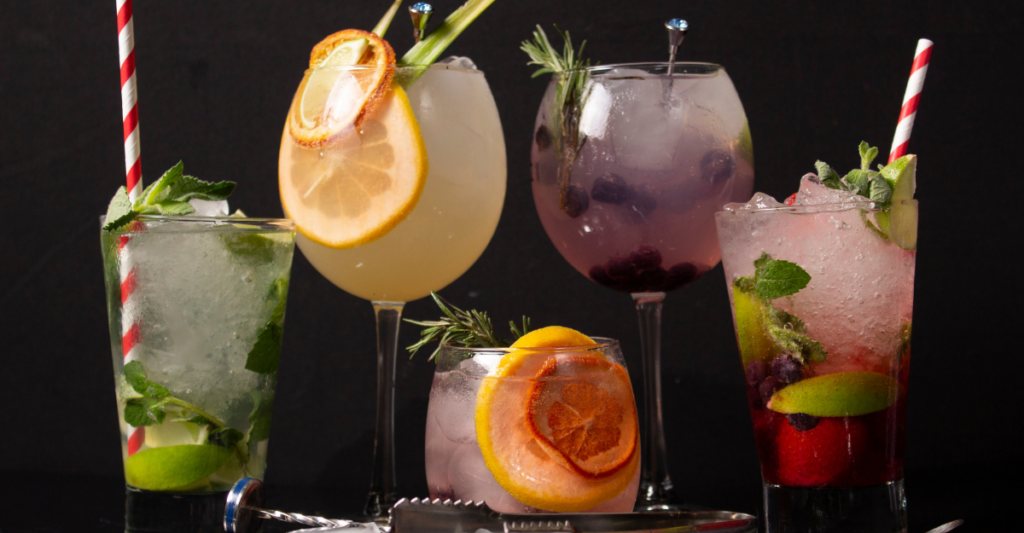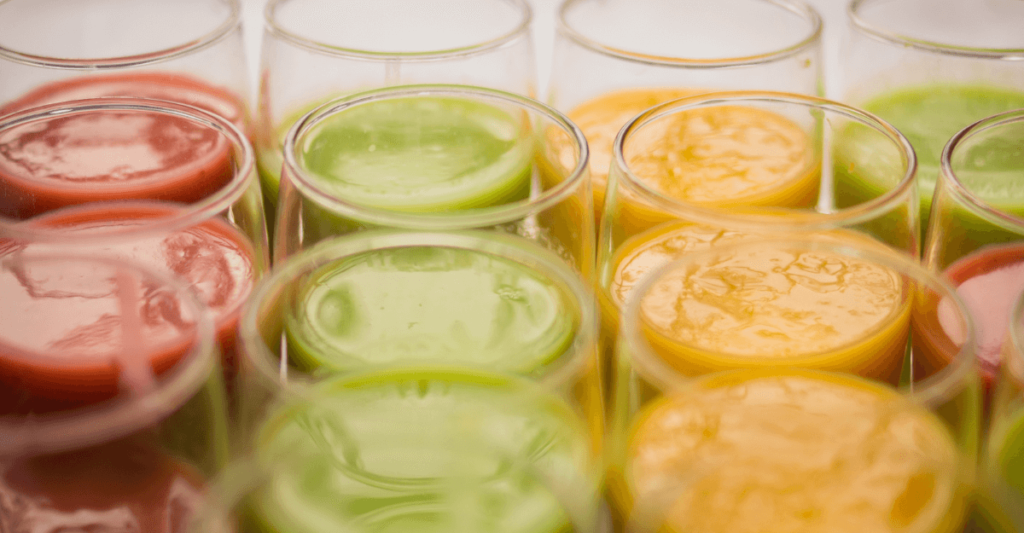When traveling to a new country, one of the most common concerns is whether it is safe to drink tap water. In the case of Italy, you can rest assured that the tap water is generally safe to drink. Italy has a well-developed water infrastructure and strict regulations in place to make sure the quality and safety of its drinking water.
The Quality of Tap Water in Italy
The quality of tap water in Italy is regulated by the Italian Ministry of Health, which sets strict standards and conducts regular testing to ensure that the water is safe for consumption. In fact, Italy has one of the highest standards for tap water quality in Europe.
The water sources in Italy are mainly from underground springs and lakes, which are naturally filtered and purified. The water undergoes extensive treatment processes, including disinfection and filtration, to remove any impurities and bacteria. Also explore the Italian alcoholic drinks.
Is Tap Water Safe to Drink in Italy’s Major Cities?

Here is the info: Can you drink tap water in different Italian cities? Also explore the Popular Drinks in Italy.
Can you drink tap water in Rome, Italy?
Yes, it is safe to drink tap water in Rome, Italy. The city’s water supply comes from natural springs and is treated to meet high-quality standards. The water in Rome is regularly tested to ensure it is safe for consumption. In fact, the tap water in Rome is often considered to be of better quality than bottled water.
Can you drink tap water in Florence, Italy?
Absolutely! Florence, like many other cities in Italy, has excellent tap water quality. The water in Florence is sourced from the nearby mountains and goes through rigorous testing and treatment processes to ensure its safety. You can confidently drink tap water in Florence without any concerns.
Can you drink tap water in Italy hotels?
Yes, it is generally safe to drink tap water in hotels throughout Italy. Most hotels have their water supply regulated and regularly tested to meet the highest safety standards. However, if you have any doubts or concerns, you can always ask the hotel staff for confirmation or choose to drink bottled water instead.
Can you drink tap water in Naples, Italy?
Yes, tap water in Naples is safe to drink. The water quality in Naples meets the standards set by the Italian government, and it undergoes regular testing to ensure its safety. You can confidently enjoy tap water in Naples without worrying about any health risks.
Can you drink tap water in Sorrento, Italy?
Yes, tap water in Sorrento is generally safe for consumption. The water supply in Sorrento comes from local sources and is treated to meet the required standards. The local authorities regularly monitor and test the water quality to ensure it is safe for residents and visitors alike.
Can you drink tap water in Syracuse, Italy?
Yes, tap water in Syracuse is safe to drink. The water supply in Syracuse undergoes strict testing and treatment processes to ensure its quality. You can confidently drink tap water in Syracuse without any concerns about its safety.
Can you drink tap water in Venice, Italy?
Yes, tap water in Venice is safe to drink. The city’s water supply comes from underground wells and is treated to meet high-quality standards. The water in Venice is regularly tested to ensure its safety and is considered safe for consumption by both locals and tourists.
Can you drink tap water in Como Italy?
Yes, you can drink tap water in Como, Italy. The tap water is safe, meeting EU standards for drinking water quality. It’s regularly tested and contains essential minerals. Many locals and tourists drink it without issues, so feel confident and stay hydrated with Como’s tap water.
Also explore the Italian non alcoholic drinks
Benefits of Drinking Tap Water in Italy
Drinking tap water in Italy not only helps to reduce plastic waste but also has several health benefits. Here are some reasons why you should consider drinking tap water during your visit to Italy:
1. Cost-effective:
Drinking tap water is much more affordable than purchasing bottled water.. By refilling your reusable water bottle with tap water, you can save money and reduce your environmental impact.
2. Environmental-friendly:
Italy has been making efforts to reduce plastic waste, and by choosing to drink tap water, you can contribute to these sustainability initiatives. By avoiding single-use plastic bottles, you can help protect the environment and reduce pollution.
3. Safety and Quality:
As mentioned earlier, tap water in Italy is subject to strict regulations and quality control measures. The water is regularly tested to ensure that it meets the highest standards of safety and purity. By drinking tap water, you can have peace of mind knowing that you are consuming a safe and reliable source of hydration.
4. Convenience:
Having access to safe tap water means that you don’t have to worry about constantly buying bottled water or carrying heavy water bottles with you. You can easily refill your water bottle at various public drinking fountains, restaurants, and cafes throughout Italy.
Tips for Drinking Tap Water in Italy
While tap water in Italy is generally safe to drink, here are a few tips to ensure that you have the best experience:
1. Ask Locals for Recommendations:
If you are unsure about the tap water quality in a specific area or region, it’s always a good idea to ask locals for their recommendations. They can provide you with insights and advice based on their knowledge and experience.
2. Use a Filter:
If you have a sensitive stomach or are concerned about the taste of tap water, you can use a water filter to further purify the water. There are portable water filters available that can effectively remove any potential impurities.
3. Carry a Reusable Water Bottle:
Investing in a reusable water bottle is not only environmentally friendly but also convenient. Make sure to carry a reusable water bottle with you so that you can easily refill it whenever needed.
4. Avoid Drinking from Unlabeled Sources:
While tap water in Italy is generally safe, it’s best to avoid drinking from unlabeled or unregulated water sources. Stick to public drinking fountains or establishments that have a reputation for serving safe tap water.
Public Drinking Fountains in Italy
FAQs
Do Italian restaurants serve tap water?
Yes, Italian restaurants typically serve tap water upon request. You can ask for “acqua del rubinetto” or “acqua di rubinetto” to enjoy a glass of tap water with your meal.
Should I take a water bottle to Italy?
While tap water is safe to drink in Italy, carrying a reusable water bottle can be a convenient option. It allows you to stay hydrated throughout the day and reduce plastic waste. Many cities in Italy have public water fountains where you can refill your bottle for free.
Is it safe to drink tap water in Florence?
Yes, it is safe to drink tap water in Florence. The water undergoes regular testing and treatment to ensure its quality. You can confidently fill up your water bottle from the tap and enjoy the refreshing taste.
How is the water quality in Italy?
The water quality in Italy is generally high. The country has a well-developed water treatment system, and the tap water meets European Union standards. However, it is advisable to check with the locals or your accommodation provider if you are visiting a rural area or small town.

